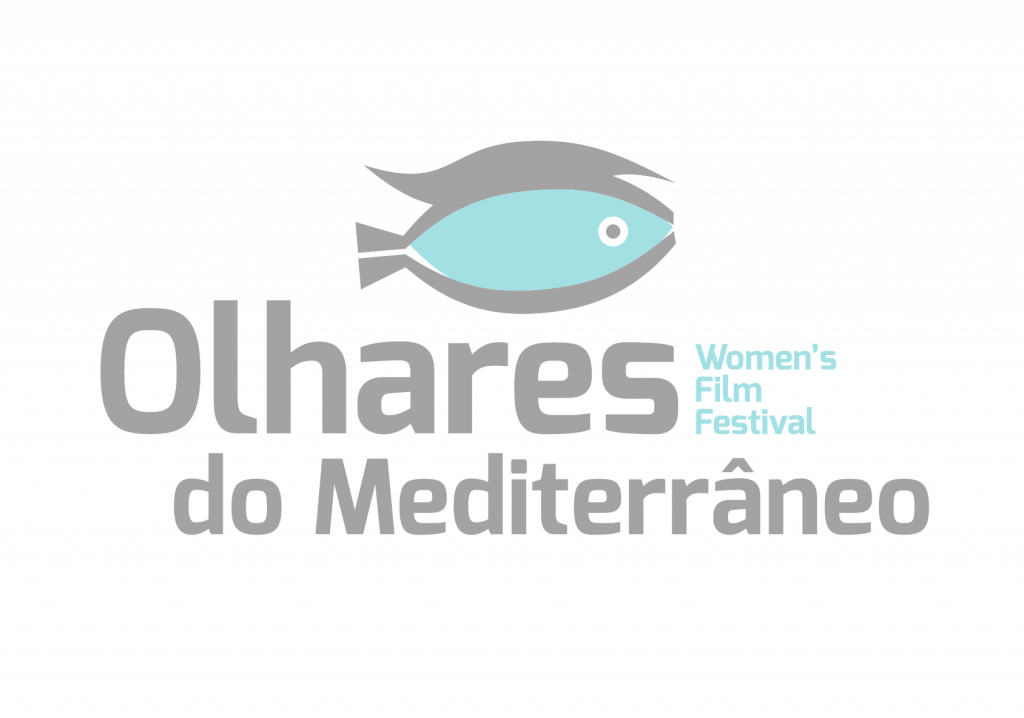
This is Where We End is the presence of Death between life. It is the re-encounter of family and friends next to the body of Everlane’s uncle. A funeral documentary about the only certainty in life.

Director Leonor Rocha Oliveira suffers from borderline personality disorder. In this intimate essay, she describes and reflects upon her symptoms from a perspective as raw as it is unreal.

Far away from my home country, I came across the stereotypes of Brazilian women. How to exist and find new ways of existence in a world of preconceptions? How to break a stereotype without losing myself? In Portugal, I discovered I am a tangle of things that exist within me and have little to do with my appearance. I thought it would be easy to introduce myself as I used to, but I realized that sometimes until I prove otherwise, there are already some preconceptions influencing how others perceive me.

It is the first time that Joana, a Brazilian, has visited her friend Kevin in her country, Uganda. They met 20 years ago when they studied together in Germany and have not seen each other for a long time. Now they are close to turning 40 and life is more complex than in youth. This is a film about a friendship between women.

The hands question what they can have in common with hands covered in cement, in mud, in dust, dressed in blue construction gloves and yellow cleaning gloves. These hands which, instead of building houses, open windows, repeat images, stretch sounds, construct films.

A film-essay about what lies beyond the memory that is lost, a memory in the body, perhaps. I thought about it the day my grandfather left me alone with my grandmother and I realized that she no longer knew me.

Explores director Inês Luís’ journey of self-discovery through the revisiting of her parents’ old home videos and photographies, longing to unravel a life before her that she never knew.

“Cooking is caring” says my mother while she enthusiastically juggles pots and pans preparing a family meal. Using food and passed down recipes, personal history is interwoven with gestures of affection and familial unity. A visual ode to the unsung heroes who repeatedly feed and care for us without asking for anything in return.

Eneida, 83 years old, makes a journey into her past, in search of her firstborn daughter, whom she has not seen for over two decades.

The separation of FRANCISCA and her ex-partner was the trigger for him to start a cycle of persecution, harassment, and threats. The threats extend to CLÁUDIA, FRANCISCA’s daughter, who questions the nature of this behavior that stems from a patriarchal system.
The film queries the impotence of the woman sitting “In the pink corner” as a victim of an aggressor and a patriarchal system. As Simone Beauvoir said: “One is not born, but rather becomes, a woman”.

On a hot August afternoon, the family gathered at the table remembers uncle Botão: the Colonial War, emigration to France, where he lived and worked thirty years as a garbage man. Memories of each are crossed to tell the story of a man who lived a hard life through humor and fantasy, like when he returned to Belmonte, in a van full of trash, turned into a real treasure.

Rising Sun Blues is a film built upon the encounter and shared film creation of two women. They share and witness personal stories while exchanging certain techniques of their respective crafts: sex work and filmmaking. In this scenario, both simultaneously become filmmakers and characters.

Over a decade ago, Portuguese journalist Catarina Demony discovered that her family had a hidden past. Her ancestors, the Matoso de Andrade e Câmara, were some of the biggest slave traders in Angola. Since then, Catarina knew she wanted to remove her family’s history from “under the carpet” and turn the spotlight on the long-lasting impact that past had: the racism, the violence, the segregation. The documentary tells a story far from being uncommon in Portugal: a family that made money by trafficking human beings and stripping them of their dignity. This money indirectly gave Catarina and many others the privileges they enjoy today. Together with journalist Carlos A. Costa, the documentary not only tells the story of Catarina’s family but also explains the consequences of centuries of enslavement. They both want to explain why the colonial past continues to be a “taboo” in today’s society and why, more than ever, it is important to bring the issue to the table.

After documenting her frustrated pregnancy, director Eliza Capai talks with other women who have had similar experiences, creating a powerful and touching choir of voices that reverberates on universal themes: motherhood, prenatal grief and abortion. They are all from Brazil, a place where abortion in these cases can lead to up to three years in prison.
Institutions involved:





Partners:







